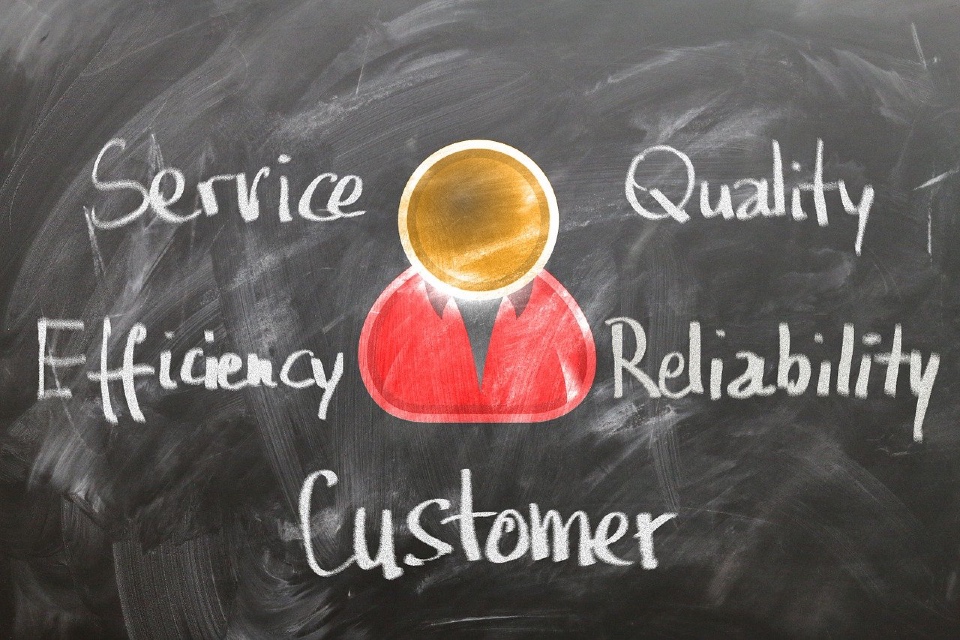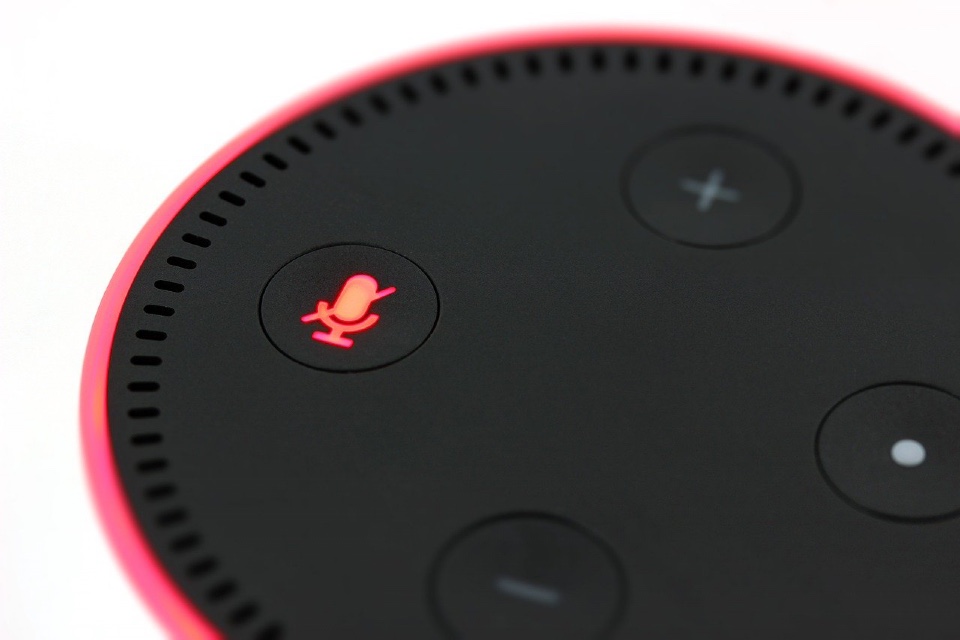Investment in digital customer engagement ‘increases revenue by 90%’
Investment in customer engagement continues to drive revenue growth and help companies meet their financial goals in the face of economic headwinds.
Twilio’s fourth annual State of Customer Engagement Report reveals that amid constrained resources and economic uncertainty, investment in digital customer engagement increased brands’ revenue by 90% on average, up from 70% last year.
The data also show that effective customer engagement strengthens brands’ ability to adapt to shifting market conditions and evolving consumer preferences.
Customer engagement leaders report increased customer retention, conversion and long-term loyalty, while six out of 10 companies report that investment in digital customer engagement improved their ability to meet changing customer needs.
Twilio’s State of Customer Engagement Report is based on a survey of more than 4,700 B2C leaders in key sectors across the world, plus a parallel survey of over 6,000 global consumers. It also incorporates data from Twilio’s own customer engagement platform, including Twilio Segment.
Twilio’s 2023 research explores essential consumer trends around personalization, data privacy and trust. The findings highlight the urgent need for brands to leverage zero- and first-party data, meaning data collected directly from interactions with customers rather than a third party, in order to improve customer experience and increase customer lifetime value.
The stakes of using data effectively are high, with 66% of consumers claiming they will stop using a brand if their experience is not personalized. Meanwhile, brands continue to overestimate how well they are meeting consumer expectations for communication preferences, protecting customer data privacy, and transparency around customer data usage. Additional consumer insights include:
- Consumers want a faster transition to a cookieless future. Nearly one third of consumers always or often reject cookies on websites, while nearly two thirds (65%) of consumers would prefer brands use only first-party data to personalize their experiences. Meanwhile, eighty-one percent of brands are still reliant on third-party data.
- Consumer frustration with inconsistent digital experiences is growing. 51% of consumers report being frustrated with their interactions over the past year, rising from 46% the year before.
- Real-time personalization boosts customer lifetime value. 86% of consumers say that personalized experiences increase their loyalty to brands, and consumers spend on average 21% more on brands that personalize.
- Consumers trust brands less than brands realize. 95% of consumers want more control over their customer data, placing top priority on “identity data.” Four in 10 consumers say they have stopped doing business with a brand after their expectations for trust and privacy weren’t met.
As part of the research, Twilio divided B2C companies into three categories based on their customer engagement maturity: customer engagement leaders, framers, and beginners. Customer engagement leaders—companies that have the most mature use of personalization, first-party data, and highest level of digital engagement—reported enormous benefits and increased revenue growth compared to those who have less advanced customer engagement strategies. Specifically,
- 82% of customer engagement leaders met or exceeded their company’s financial goals for 2022, compared to 62% of customer engagement beginners
- 40% of engagement leaders reported much higher customer retention rates than previous years, compared to 12% of beginners
- 41% of engagement leaders reported much higher customer conversion rates than previous years, versus 15% of beginners.
“In this macroeconomic climate, every business is looking to do more with less budget,” said Joyce Kim, chief marketing officer at Twilio. “This research reflects what we’re hearing across our customer base, which is that when brands use first-hand data to personalize engagement with customers, it saves companies meaningful marketing spend and increases lifetime value. For brands facing growing headwinds, this means ROI today.”
Twilio’s State of Consumer Engagement Report 2023 is available as a web report with data available from 18 countries worldwide, and as a comprehensive, downloadable white paper. Both can be found at www.twilio.com/state-of-customer-engagement.


